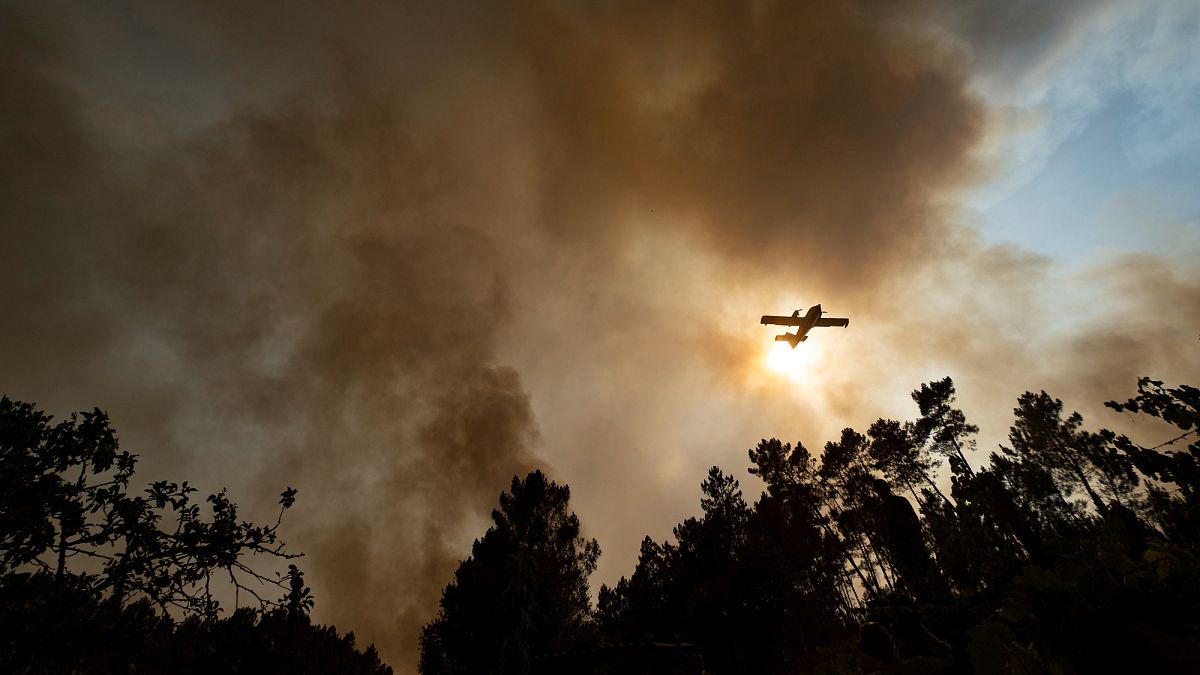

As global leaders and communities address the complexities of climate change, diverse strategies emerge across continents. From Europe to Central Asia, stakeholders are implementing innovative solutions to combat environmental challenges, guided by a commitment to sustainability and resilience.
In Portugal, the government has declared a high-alert status due to exceptionally high temperatures and an elevated risk of wildfires. Beginning in early August, this alert underscores the urgent need for vigilance and preparedness in safeguarding communities and natural resources. Authorities have extended this alert through to the 7th of August, highlighting a concerted effort to mitigate potential disasters through proactive measures.
In the Iberian Peninsula, the Biscay region has embarked on a transformative journey to adapt to climate change. As cities like Bilbao grapple with the pressing realities of rising sea levels and intense storms, local leaders are investing in innovative infrastructure. Electrifying port facilities, storm-proofing urban grids, and integrating advanced technology into city landscapes are pivotal measures being embraced. This modernization not only enhances resilience but also positions Biscay as a leader in sustainable urban development.
Across the globe in Kazakhstan, a blend of renewable energy and nuclear power is being strategically harnessed. The nation aims to achieve carbon neutrality by 2060, a commitment underscored by a dedication to environmental stewardship. By exploiting the natural abundance of wind, sun, and nuclear resources, Kazakhstan is paving a path towards a cleaner, more sustainable energy future—a testament to the potential of balanced resource utilization in the pursuit of climate goals.
On the US East Coast, the impact of severe weather conditions has illustrated the necessity for robust emergency preparedness systems. Recent thunderstorms have precipitated significant flash flooding, leading to disruptions in transportation and emergency rescues. Cities from Philadelphia to New York City have experienced the urgent need for resilient infrastructure and responsive emergency services, as weather events grow increasingly unpredictable.
Meanwhile, the Nordic countries are witnessing an extraordinary heatwave, with temperatures exceeding 30°C—conditions previously unrecorded in the region’s history. This phenomenon, largely attributed to the effects of carbon pollution, emphasizes the broader theme of climate change as a shared challenge. The occurrence of prolonged heat spells in typically cooler climates reinforces the critical need for global collaboration in addressing environmental transformations.
As we observe these varied yet intersecting efforts and experiences worldwide, the importance of cohesive and informed action becomes ever clearer. The challenges of climate change demand both local and global responses, grounded in innovation, adaptation, and sustainability. Through understanding and cooperation, communities can enhance their resilience and thrive amidst a transforming natural world.
Source: {link}
